Home ownership is the American Dream, right? Owning a place to call home, being able to paint the walls purple if you like, that’s what everyone wants. Isn’t it? The reality is there are pros and cons for buying a house. Understanding them can help you make the best decision for your goals.
Pros for Buying
This might seem obvious, but there are 3 main reasons to buy a home.
1. Financial Advantages – A home is an asset which should appreciate over time, providing wealth building opportunities.
2. Pride of Ownership - As a home owner, you control the environment in which you live. If you want those purple walls or granite countertop….you can do it.
3. Roots - Regardless of whether you have children, there is a natural desire to be part of a community: to have a local coffee shop, dry cleaners, bar.
Cons for Buying
As with all things, there are considerations which mean this isn’t the right time to buy a home.
1. Increased Monthly Costs – In some instances your monthly mortgage will be larger than comparable rent. Most of our local markets have comparable rent v. mortgage prices as rentals have increased significantly as inventory is low.
2. Freedom - A renter can move from one city or state to another very easily which allows you to move when you need/want to.
3. Upkeep - You are responsible for the repairs and upkeep of the property. Unexpected problems can become quite expensive if you are unprepared.
There are some wonderful reasons to buy a home; before you decide that it’s time to buy, give some thought to your lifestyle and goals, if they are in line with the advantages of home ownership, then time to go house hunting!
Let’s talk and decide if now is the time to buy. I also help clients who are not quite ready to find a suitable rental.








